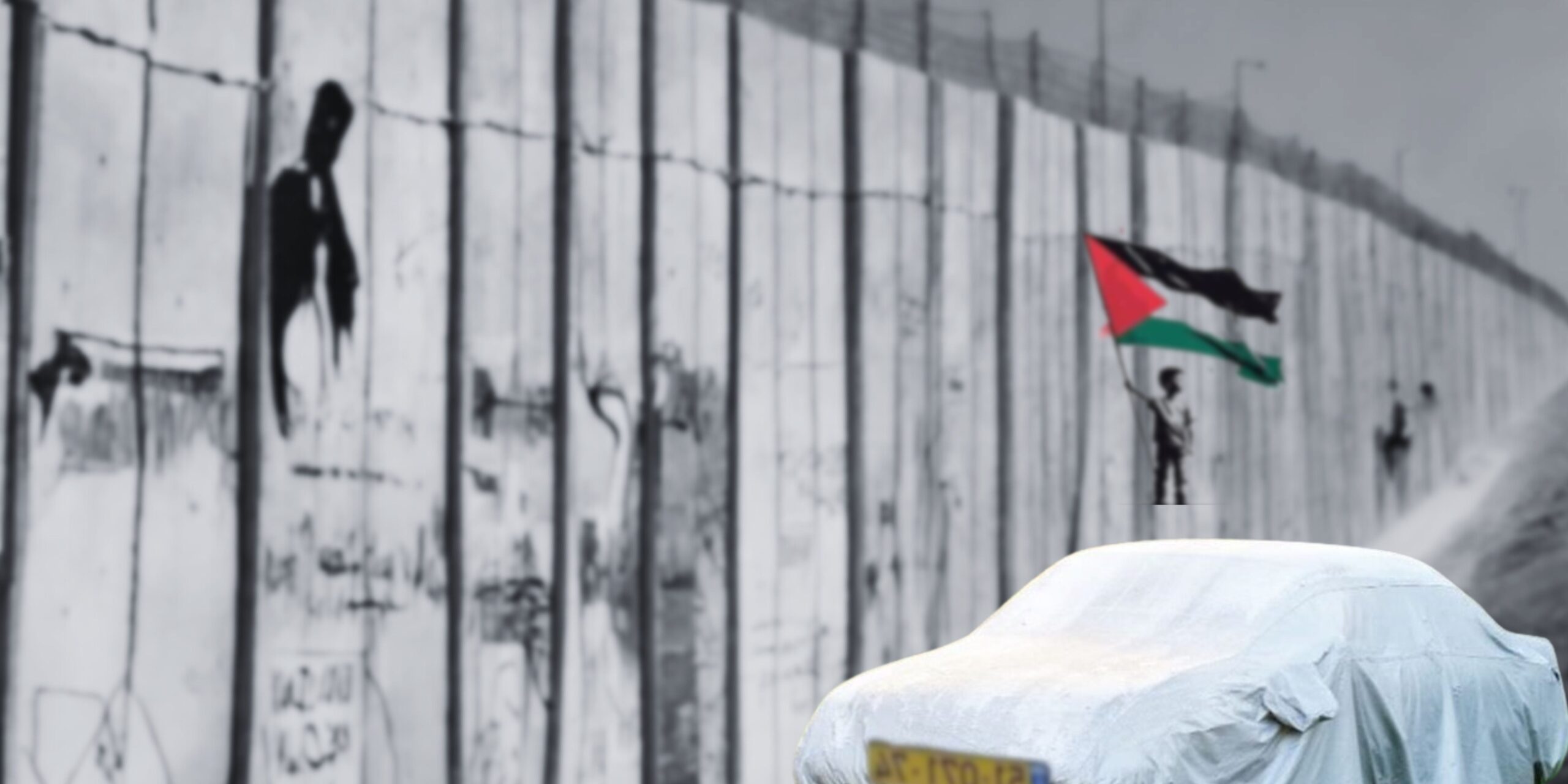AMMAN (JT) – The government on Friday denied that a recent circular issued by Prime Minister Nader Dahabi was intended to place restraints on journalists. Distributed to public agencies and ministries, the circular contained instructions not to “leak” copies of documents related to alleged administrative and financial corruption to the media. Minister of State for Media Affairs and Communications Nasser Judeh, who was deputising for the premier at a ceremony to honour the winners of the Inquirer Award 2007, stressed the government’s commitment to provide media outlets with information. He added that the circular was designed to institutionalise communication and contact between the government and the press, to ensure that media outlets are provided with information in a manner that does not contradict laws and regulations in this regard. “The circular does not seek to impose restraints on journalists in getting information,” said Judeh. In response to the premier’s circular, the Centre for Defending the Freedom of Journalists (CDFJ) issued a statement last week saying it contradicts Jordanian laws and international conventions in this regard. The CDFJ statement said the instructions obstruct the media from accessing information necessary to keep the public informed and also violate Article 15 of the Constitution and Article 7 of the Higher Media Council bylaw, which ensures freedom of the press and emphasises journalists’ right of access to public information. At Friday’s ceremony, Judeh said freedom of speech and the press is guaranteed by the Constitution, citing His Majesty King Abdullah’s statement that the sky is the limit when it comes to freedom of the press. He also referred to related legislation, such as the Access to Information Law, which the Lower House endorsed in April 2007. Inquirer Award Meanwhile, Judeh and British Ambassador James Watt distributed awards to the winners of the investigative reporter of the year award at the end of the ceremony, organised by the Thomson Foundation and the British embassy in Amman. Print and television journalists from Jordan, Syria, Lebanon and Palestine competed for the award, which aims to find the journalist who can demonstrate an ability to examine a significant issue in depth, which is relevant to the region and its people. A total of 102 print articles and 18 television reports were entered into the competition. Seventeen print entries and 15 television entries were then shortlisted and sent to a final-round judge from outside the region. “The judges told us that they have seen a marked improvement in the quality of material submitted to them… They said it was difficult to choose from,” the British ambassador said in his address at the ceremony. According to Rana Sabbagh , executive director of the Arab Reporters for Investigative Journalism (ARIJ), six of the 17 entries in print journalism were financed and supervised by ARIJ, and two of them won awards: Fatima Rida from Al Hayat in Lebanon who ranked first and Lina Al Judi from Syria’s Al Hayat who came third. 2007 Inquirer Award winners Print Media: First: Fatima Rida, Al Hayat, Lebanon. Second: Raed Lafi, Al Akhbar, Palestine. Third: Lina Al Judi, Al Hayat, Syria. Audiovisual media: First: Diaa Abu Taam, Al Manar TV, Lebanon. Second: Murad Btoush, ATV, Jordan. Third: Firas Hatoum, New TV, Lebanon.








